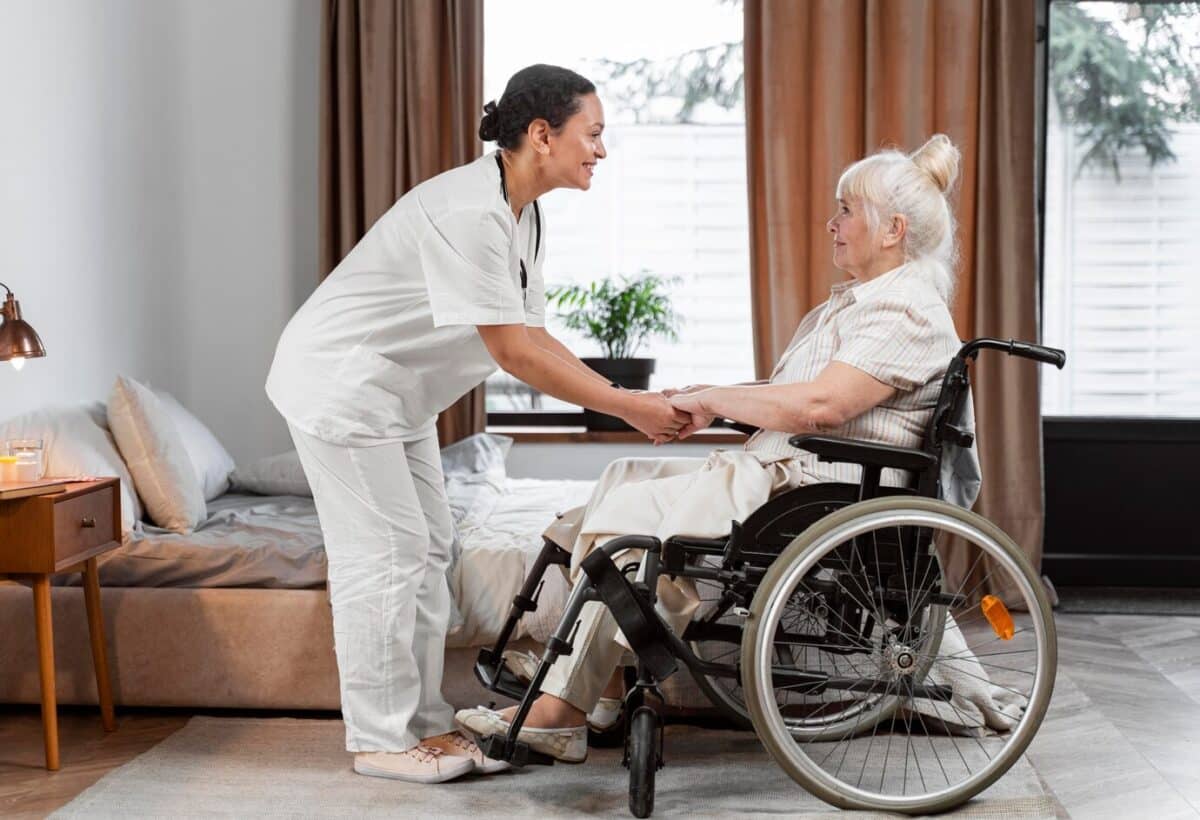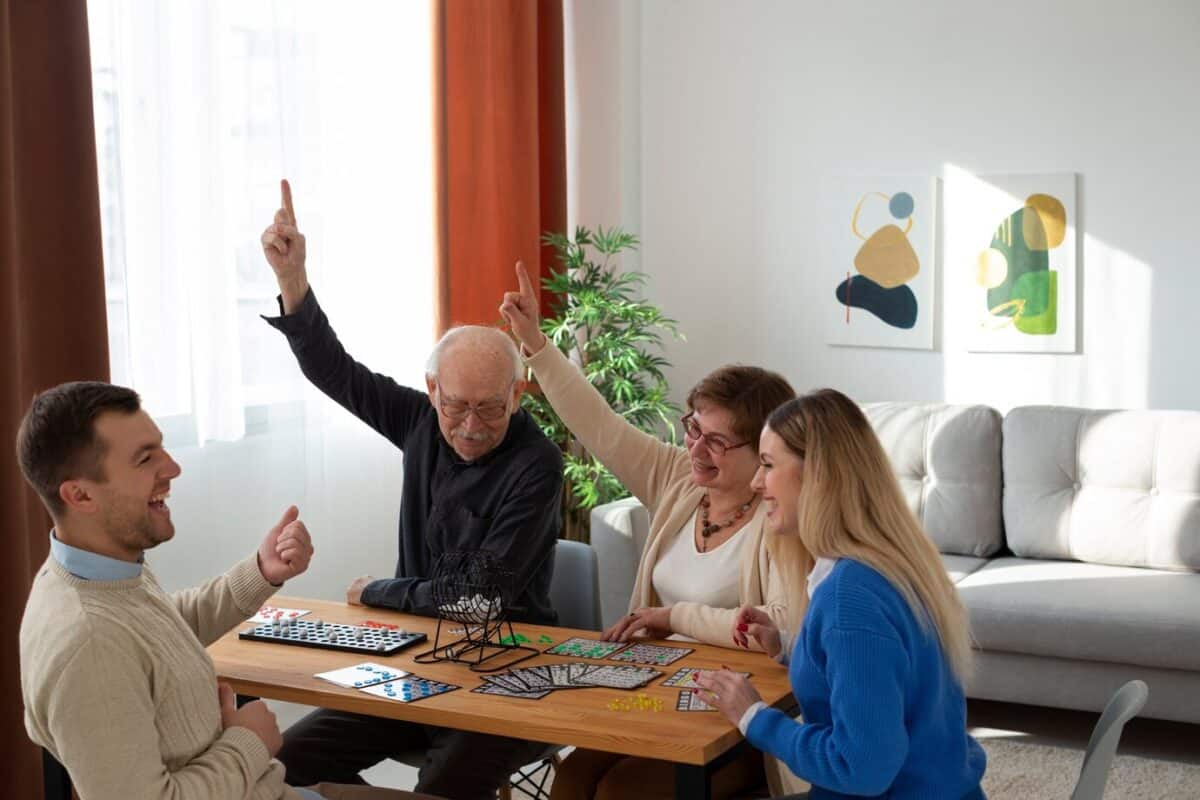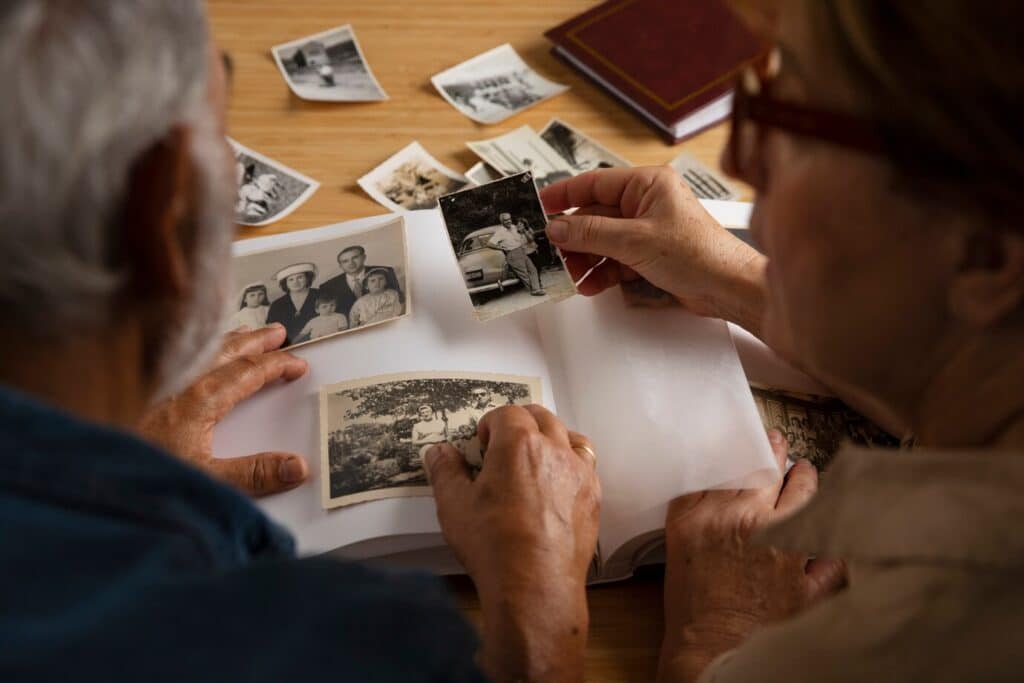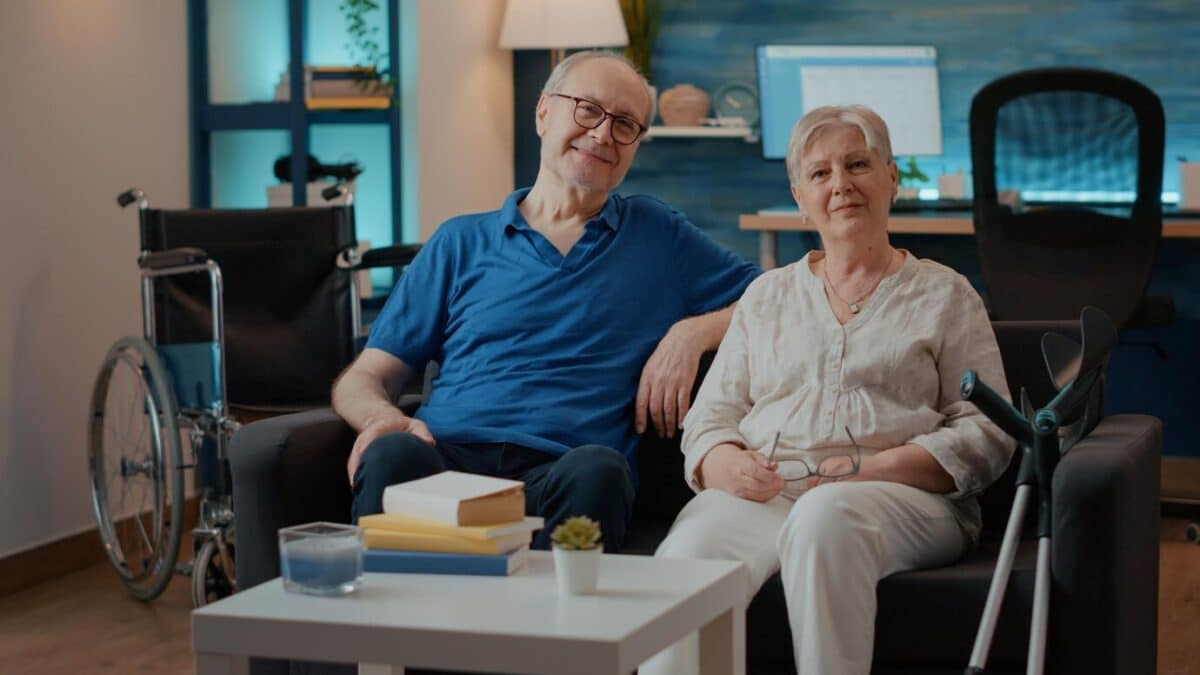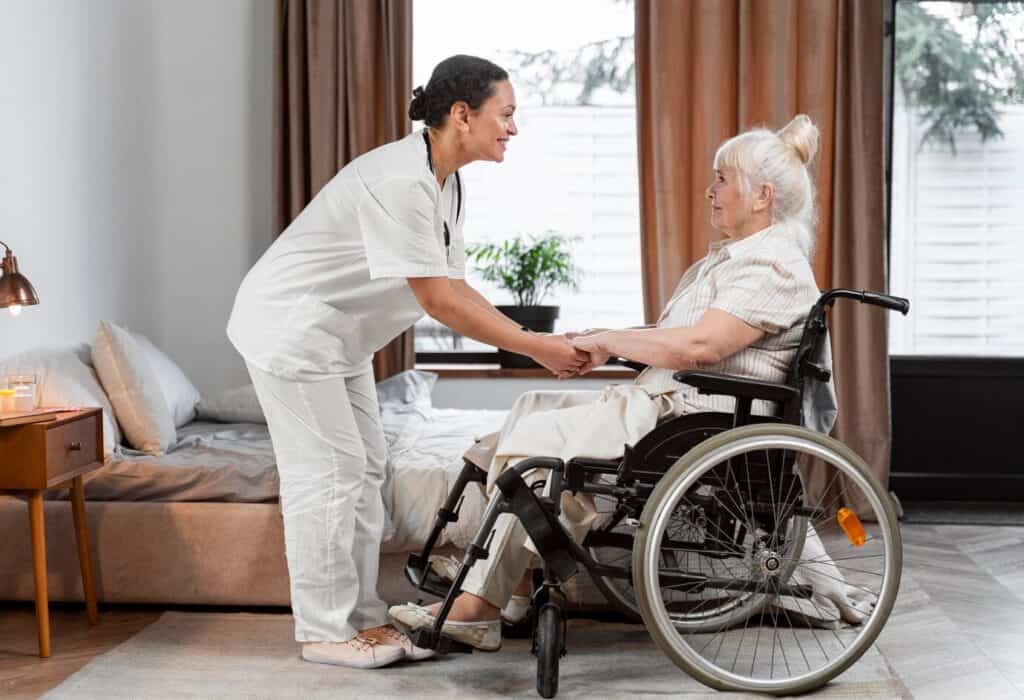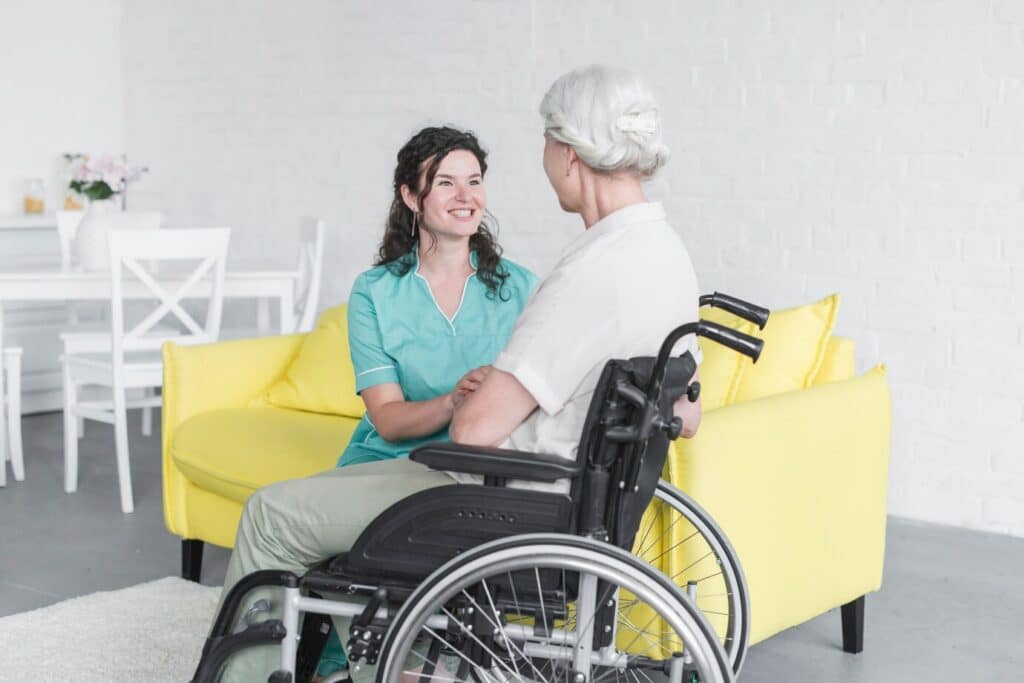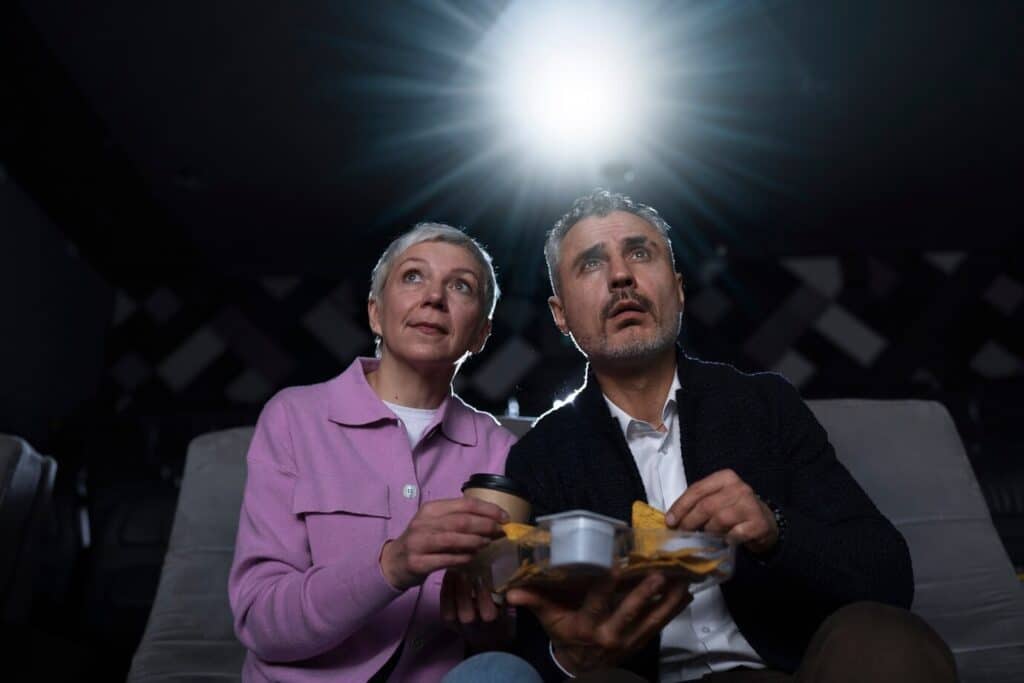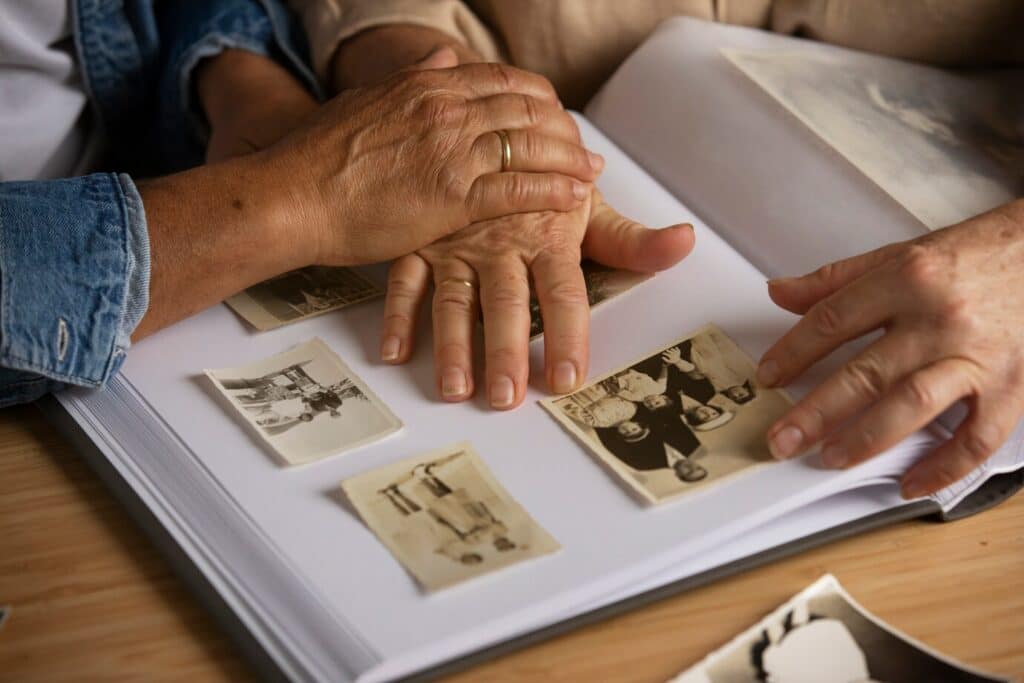Effective Communication Strategies for Engaging with Memory Care Patients
Memory care patients often face challenges in expressing themselves or understanding conversations. For caregivers and family members, understanding how to communicate with these patients effectively can make a world of difference. Westmont at San Miguel Ranch, located in the heart of Chula Vista, CA, is dedicated to enhancing the quality of life for memory care patients. As industry experts, we’re here to share invaluable strategies to facilitate smoother and more meaningful interactions with communication strategies with memory care.
The Importance of Effective Communication
Understanding the needs and feelings of memory care patients requires patience and tailored communication methods. Proper communication ensures their well-being, comfort, and dignity.
Good communication can alleviate potential frustrations or misunderstandings, fostering a deeper bond between the caregiver and the patient.
Through effective communication, caregivers can provide better care by understanding the patient’s specific needs, preferences, and concerns.
Key Strategies for Effective Communication
Maintain Eye Contact: Eye contact helps keep the patient engaged and shows that you are actively listening to them. This can make them feel valued and understood.
Use Simple and Clear Language: Avoid using complex sentences or jargon. Use short, straightforward sentences, ensuring that your message is easily comprehensible.
Be Patient and Give Them Time: Understand that it may take longer for a memory care patient to process information or respond. Don’t rush them; allow them the time they need.
Utilize Non-verbal Communication: Gestures, facial expressions, and tone of voice can convey a message just as powerfully as words. Utilize them effectively to provide clarity and warmth.
Avoid Arguments: It’s essential to remain calm and avoid disputes. Suppose a patient is insistent or confused about a particular point. In that case, it’s often best to redirect the conversation instead of arguing.
Understanding Their Reality
Many memory care patients’ perceptions of reality might differ from the present. It’s important to validate their feelings and emotions.
Instead of correcting them, try to step into their world. For instance, if they speak about a long-deceased family member as if they’re still alive, engage in the conversation without negating their feelings.
This approach reduces anxiety and agitation and fosters a more positive interaction.

Environment Plays a Role
A quiet and calm environment can help reduce distractions, making it easier for the patient to focus on the conversation.
Eliminating background noises, such as a loud television or radio, can significantly affect the quality of interaction.
Ensure the lighting is adequate. Dim lighting can lead to confusion or fear for some patients.
Engaging in Activities
Activities can serve as a medium for communication. Engaging in simple tasks like sorting objects, coloring, or listening to music can initiate conversations and shared experiences.
Such activities not only foster interaction but also stimulate cognitive functions.
Observe their reactions to different activities; this can provide insight into their likes and dislikes, further aiding in personalized care.
The Power of Touch
A gentle touch on the hand or a warm hug can comfort and assure memory care patients.
Physical contact can convey love, understanding, and security, especially when words fail.
Always ensure that any form of touch is consensual and welcomed.
Training and Continuous Learning
As the memory care field advances, new communication strategies with memory care and methods emerge. Continuous training for caregivers ensures they are equipped with the latest techniques.
Westmont at San Miguel Ranch believes in the continuous development of our staff. We ensure that they are always updated with the latest research and findings in the field.
By doing so, we can offer our residents the highest level of care and communication.
Using Memory Triggers
Photos and Keepsakes: Using photographs from their past can help evoke memories and stimulate conversations. Discussing familiar faces or recalling special events can be comforting and engaging.
Music and Sounds: Familiar tunes or natural sounds can elicit positive reactions. Playing their favorite music or songs from their youth can often trigger memories and emotions, paving the way for rich discussions.
Scent and Taste: Familiar scents like a favorite perfume or the aroma of a cherished dish can transport them back in time, providing an opportunity for reminiscing and sharing stories.
Embrace Technology
In today’s digital age, various apps and devices are specifically designed to aid communication with memory care patients. These tools can offer visual prompts, structured activities, and other interactive features that foster communication.
Touchscreen devices can be particularly intuitive for patients, allowing them to engage with photos, videos, or simple games.
At Westmont at San Miguel Ranch, we harness the power of technology, incorporating it into our care strategies to offer an enriched experience to our residents.
Stay Informed about Health Changes
Sometimes, a change in communication or behavior might signal a change in the patient’s health. Regular medical check-ups and keen observation can detect these changes early on.
Physical discomfort or issues like urinary tract infections can impact their mood and behavior, so addressing these promptly is crucial.
Having a collaborative approach involving medical professionals, therapists, and caregivers ensures a holistic approach to care.
Validation Therapy
This therapeutic communication strategy involves recognizing and validating the feelings and emotions of the patient, irrespective of the factual accuracy of their statements.
Instead of confronting or correcting their misperceptions, caregivers offer empathy, making the patient feel heard and understood.
The goal is to create a safe space where they can express themselves without judgment or fear of contradiction.
Conclusion
Memory care patients deserve respect, understanding, and deep empathy. By incorporating these effective communication strategies, caregivers, family members, and other associates can create a more fulfilling and positive environment for these individuals. Remember, at the core of every interaction lies a profound human connection that seeks validation, understanding, and love.
How Westmont at San Miguel Ranch Can Assist
Located in Chula Vista, CA, our team at Westmont at San Miguel Ranch is dedicated to providing unparalleled care to our memory care residents. Our training, expertise, and genuine compassion make us the right choice for your loved ones. Need guidance or more tips on communication strategies with memory care patients? We’re here to help.
Call us at 619-271-4385 for more information or to schedule a visit.




